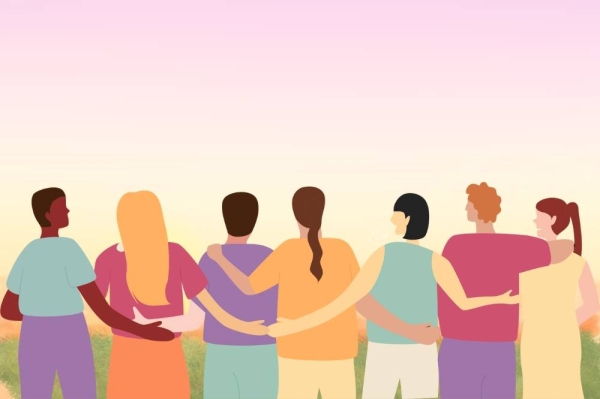Now Reading: Why Adult Friendships Fade — And What You Can Do About It
-
01
Why Adult Friendships Fade — And What You Can Do About It
Why Adult Friendships Fade — And What You Can Do About It

We don’t talk enough about how friendships change with age. As we grow older, it’s common to feel distant from people we once considered close. Plans get postponed, texts go unanswered, and before we know it, years have passed. But just because friendships fade doesn’t mean they’re beyond repair. Understanding why it happens can help us keep the ones that truly matter.
Life pulls people in different directions
In your school and college years, friendships thrive because of time, proximity, and shared routines. But once adulthood kicks in, things shift. Jobs, marriage, family responsibilities, or moving to a new city—especially in Tier 2 cities where migration is common—pull people apart. The effort once made effortlessly now requires planning.
What was once spontaneous now feels like a task. The friendship didn’t end with a fight; it just paused somewhere and never got restarted.
Priorities change, but connections can still stay
One of the biggest changes in adult friendships is shifting priorities. Time becomes limited. People prioritize careers, relationships, or raising kids. It’s not personal—it’s just life.
But here’s what often gets missed: even if priorities shift, the emotional connection doesn’t have to disappear. A friend you haven’t spoken to in months can still be someone who understands you deeply. The friendship only needs a little effort to feel alive again.
Technology helps, but it’s not the same
Whatsapp groups, Instagram likes, or occasional voice notes give a false sense of being in touch. They keep us updated, but not connected. Digital contact can’t replace real conversations, shared silences, or face-to-face time.
Especially in smaller cities where people are often juggling personal and professional growth, there’s a silent longing for “real” friendships that social media can’t fill.
How to revive old bonds without awkwardness
Reaching out after a long gap may feel strange, but it doesn’t have to be. Start small. Send a message without overthinking. Be honest: “I was just thinking about you today.” Or “Hey, it’s been too long—want to catch up sometime?”
Not every friend will respond with the same energy. Some will welcome it, others may have moved on—and that’s okay. Friendship isn’t always about daily contact. Sometimes, it’s about being there when it matters.
Friendships in adulthood need intention
Unlike childhood, adult friendships won’t survive on habit. They need intention—planning meetups, scheduling calls, remembering birthdays, checking in. Even if it’s just once a month, showing up counts.
In Tier 2 cities where people often live close but rarely meet, a little bit of initiative can go a long way. Invite someone over for chai. Drop by unannounced. Be the friend who tries.
The bottom line
Friendships may fade with time, but they don’t have to disappear. If a bond mattered once, it can matter again—with a little effort, honesty, and patience. Life will always be busy. What makes adult friendships special is the choice to stay connected despite that.
It’s not about going back to how things were. It’s about finding new ways to be there for each other, now.

























